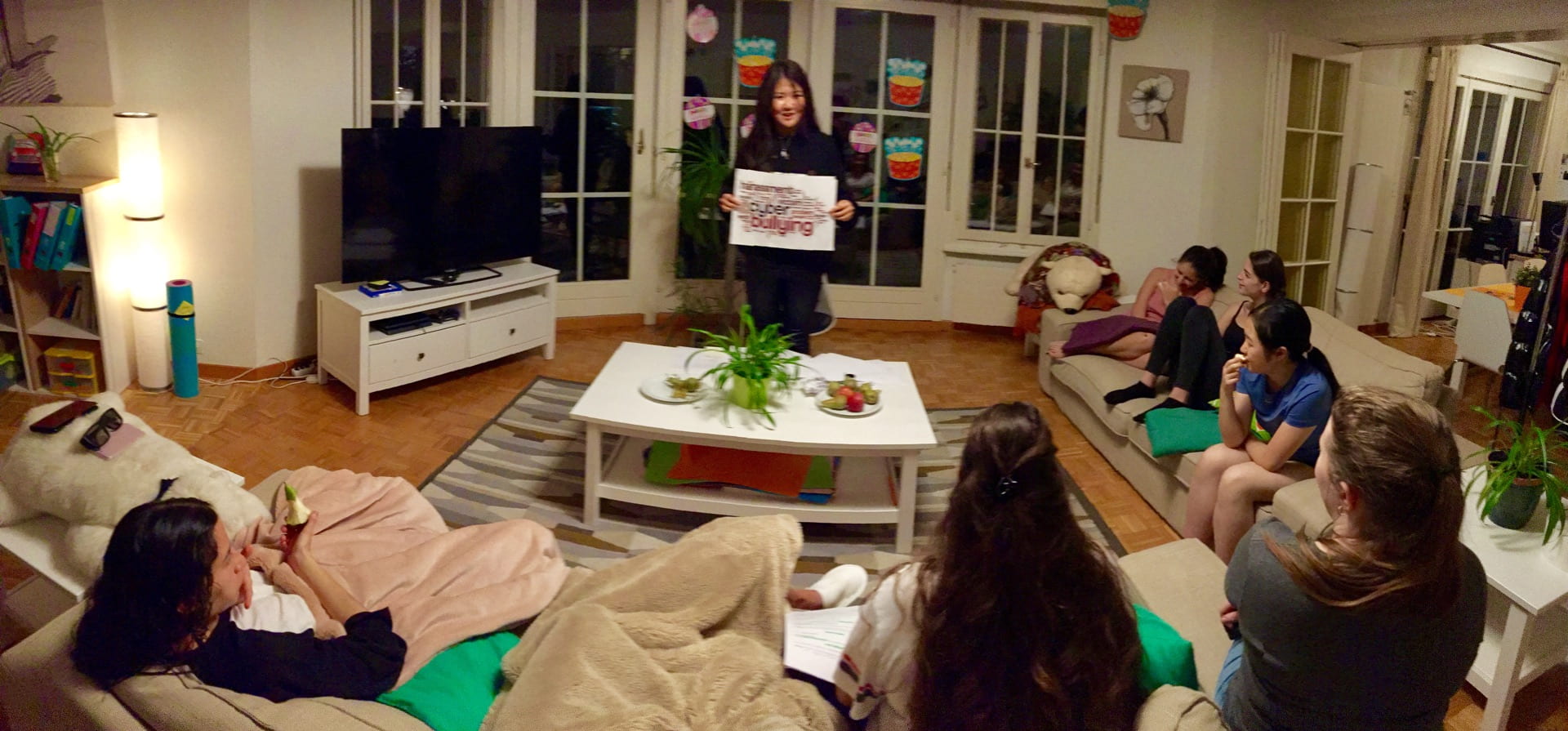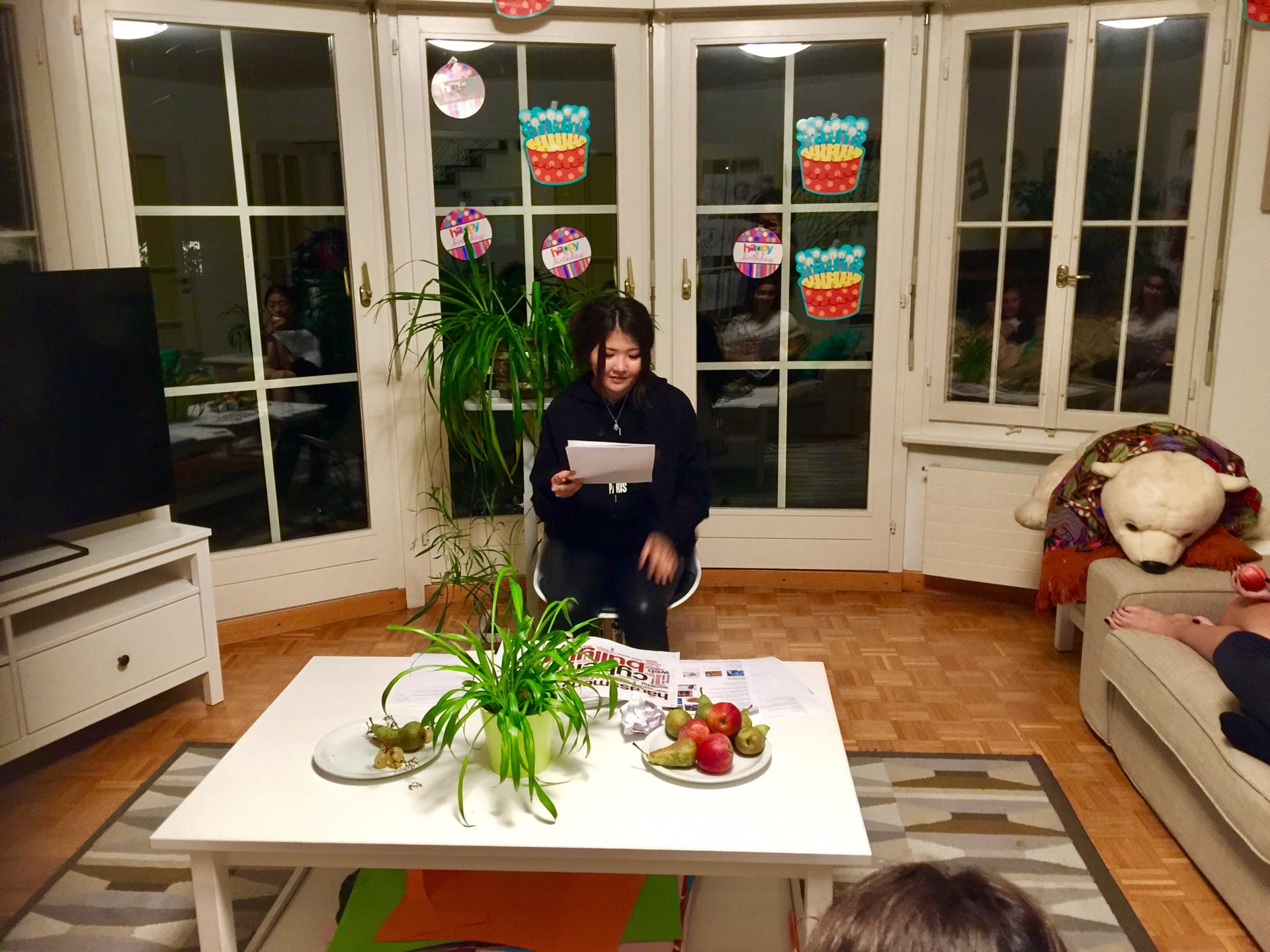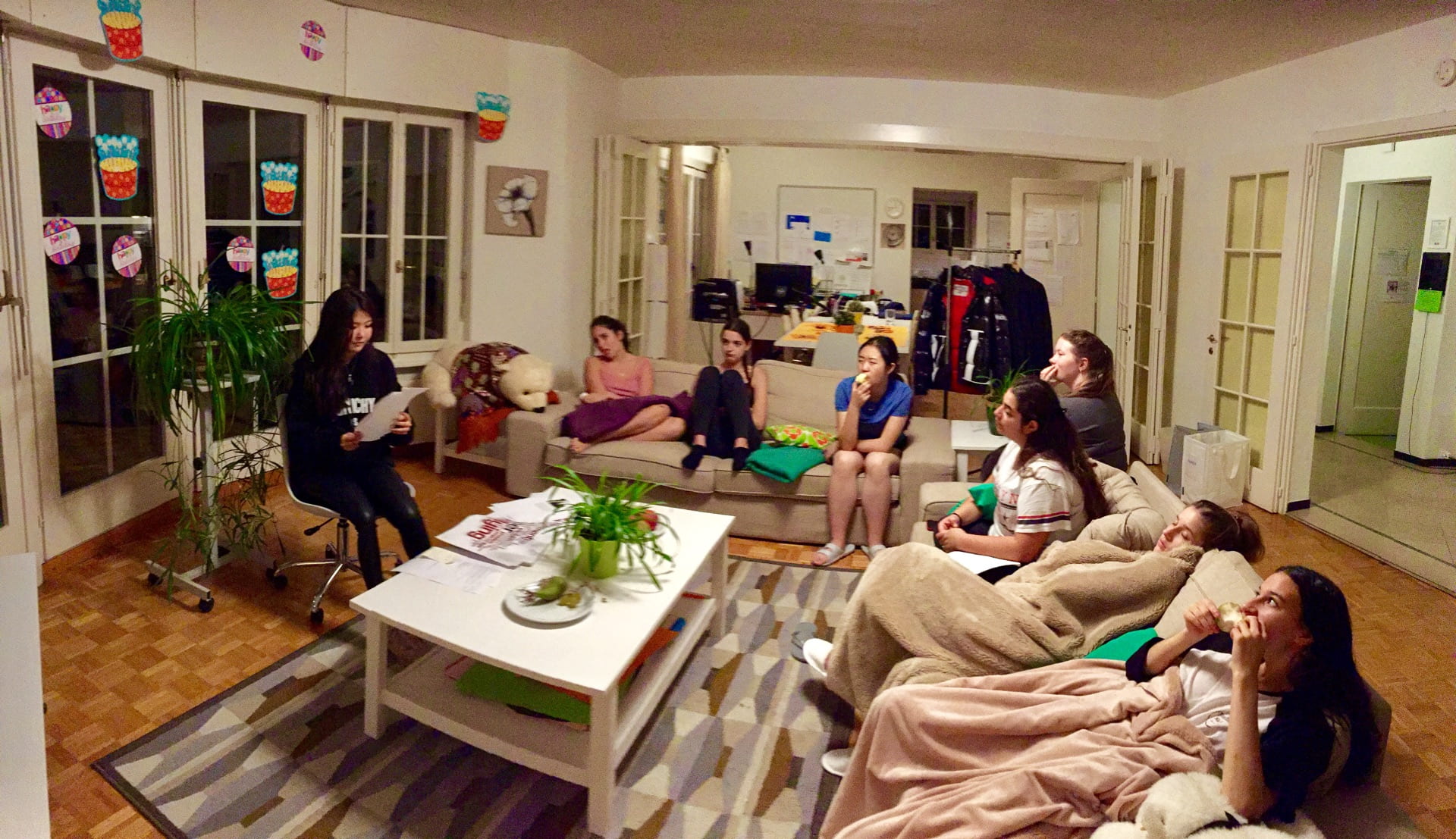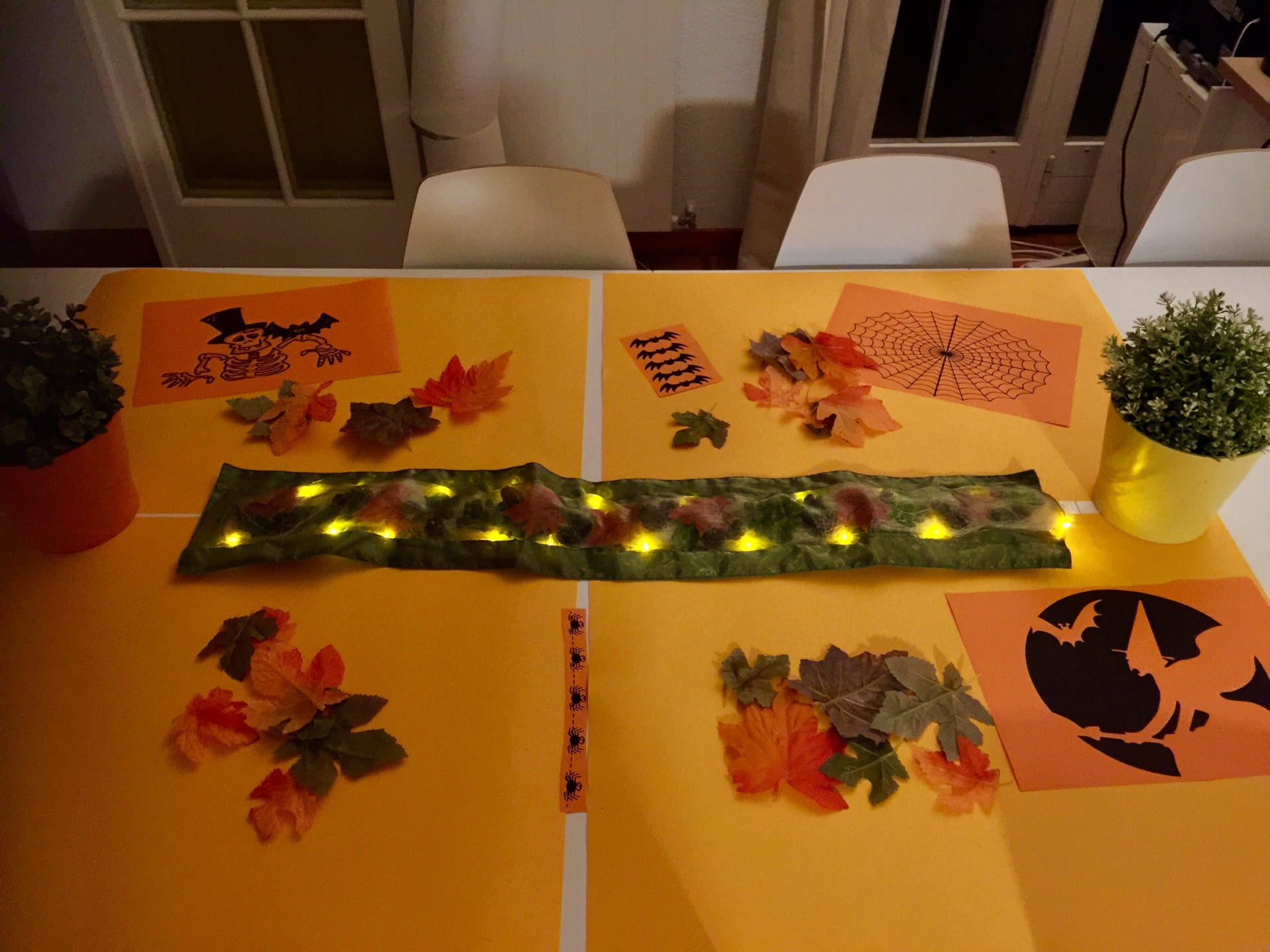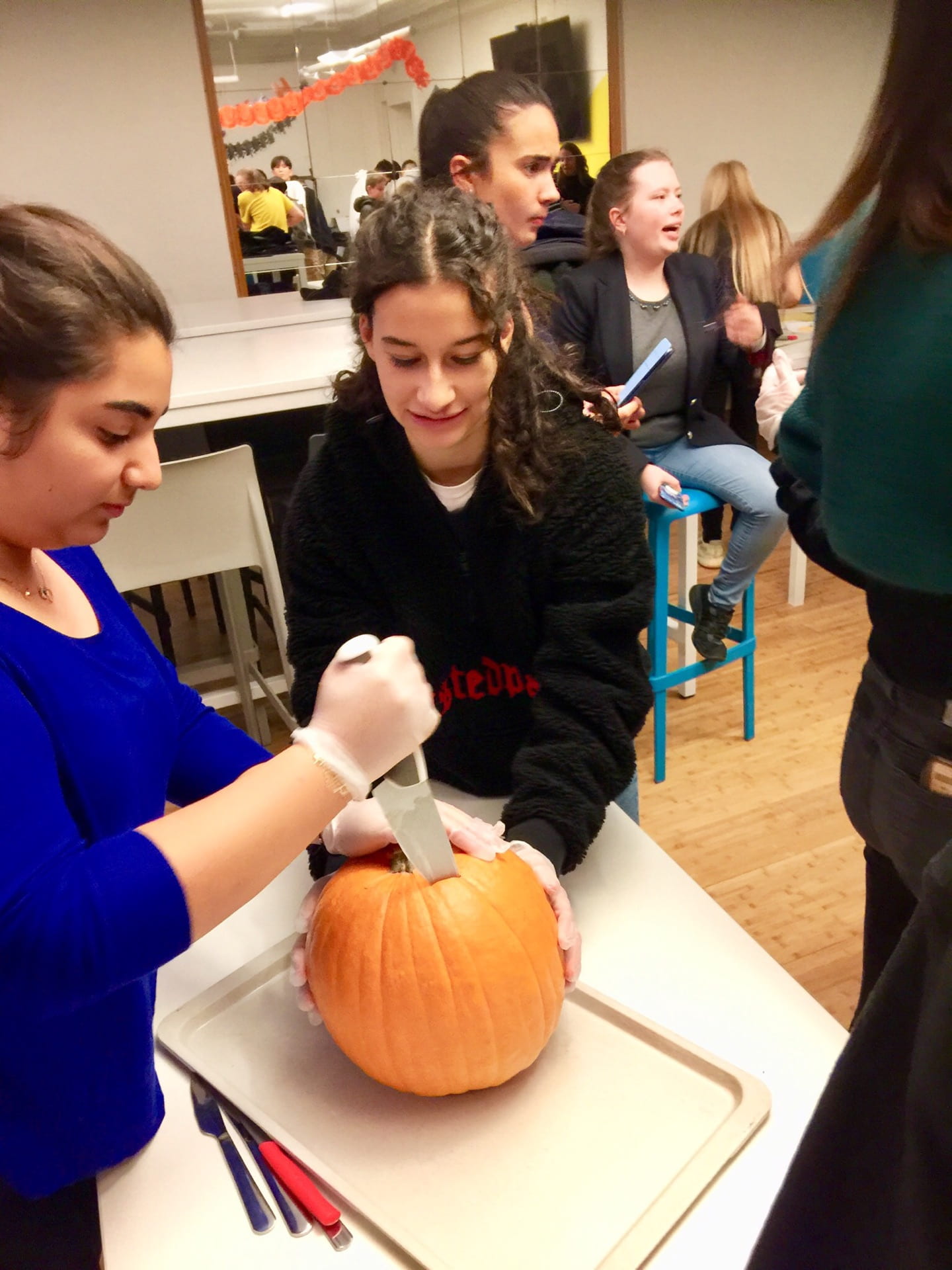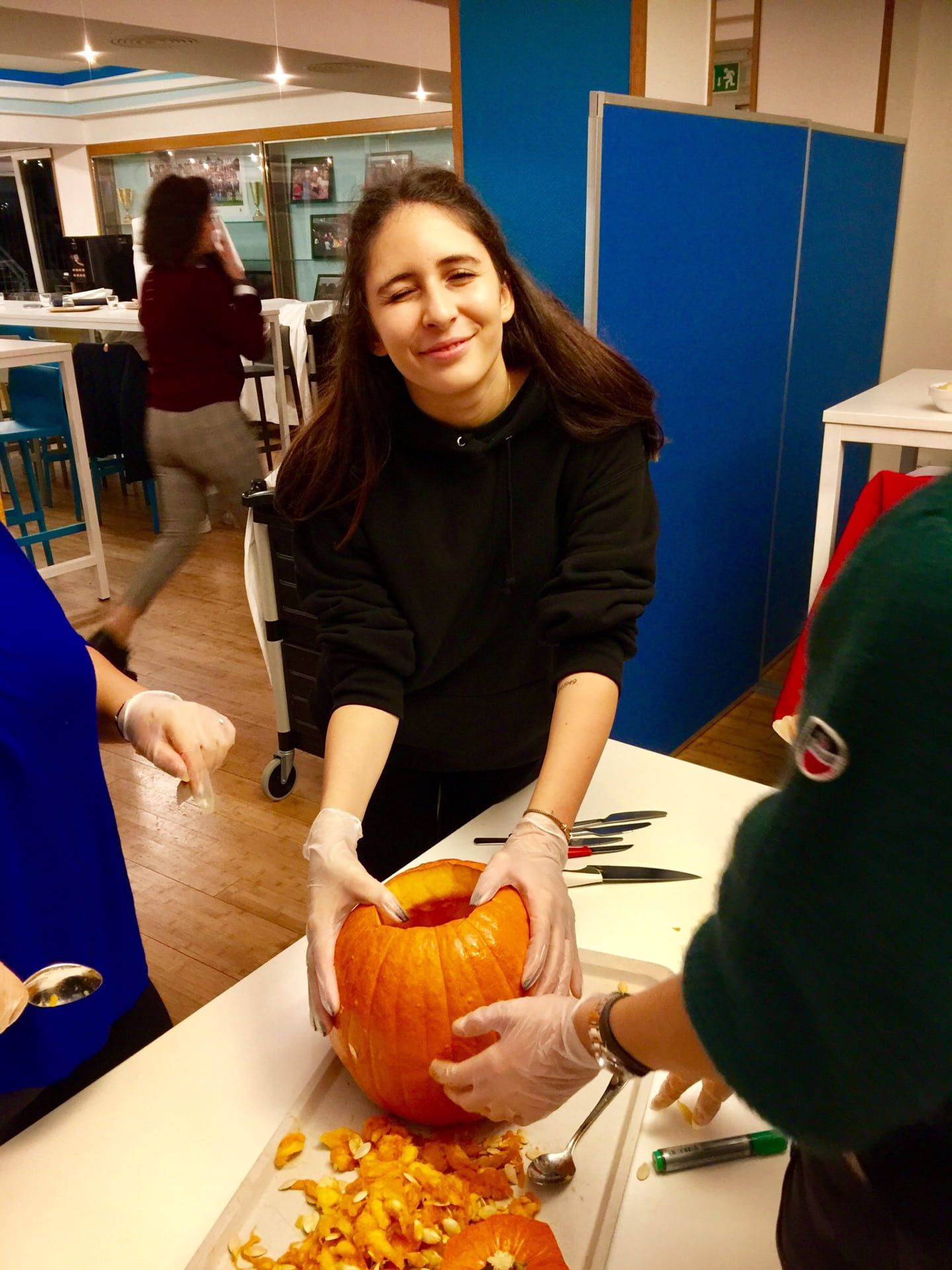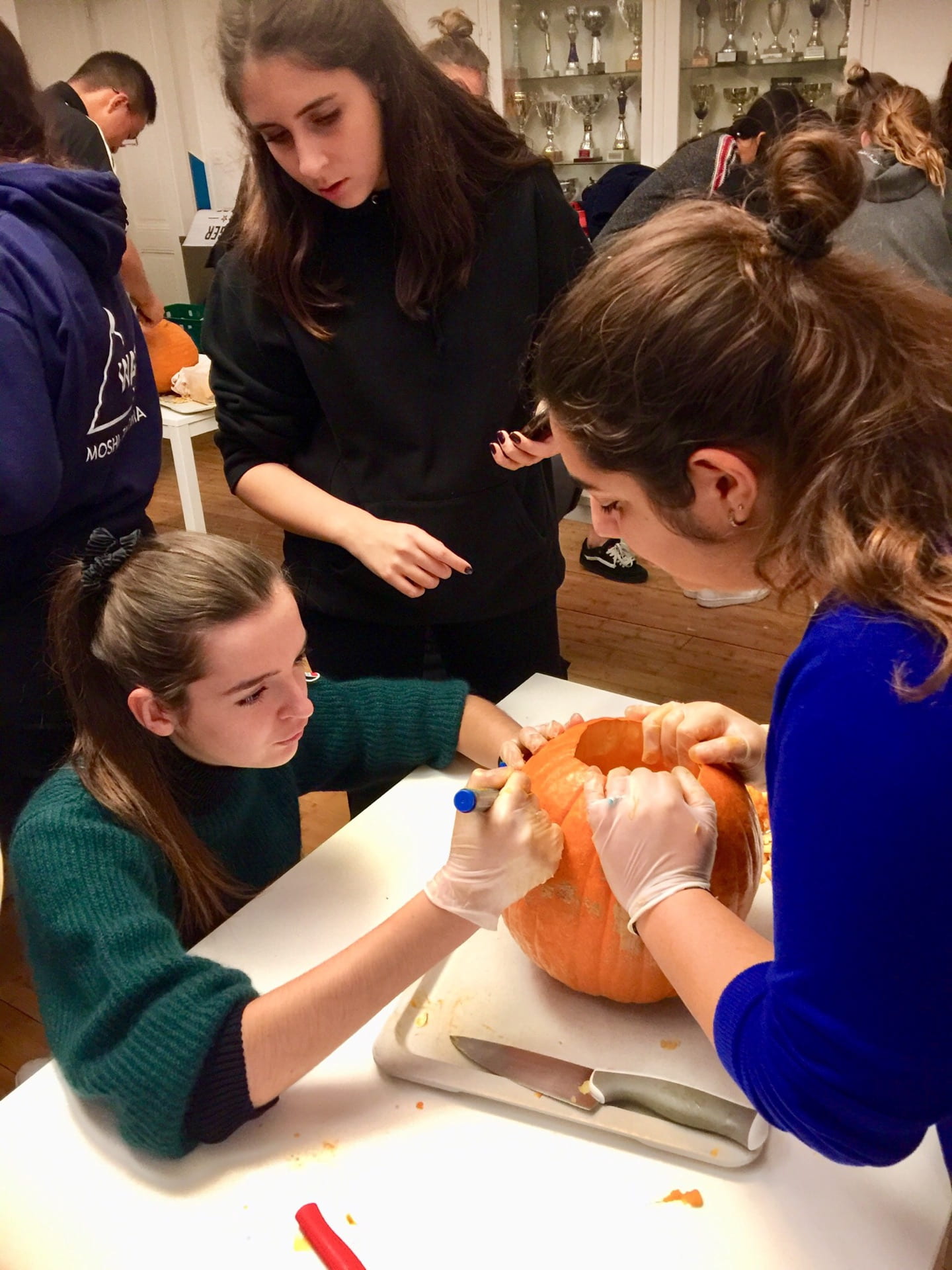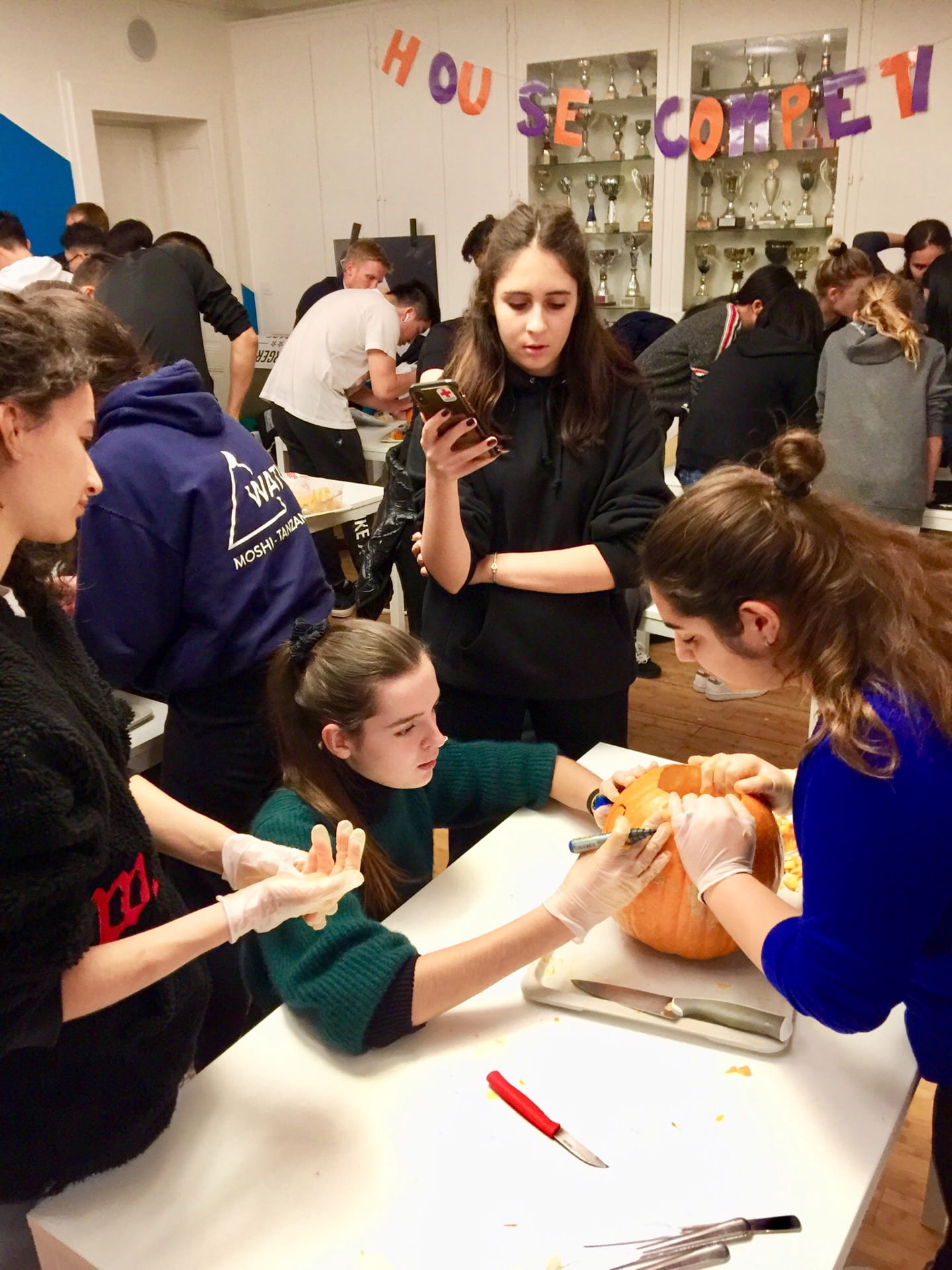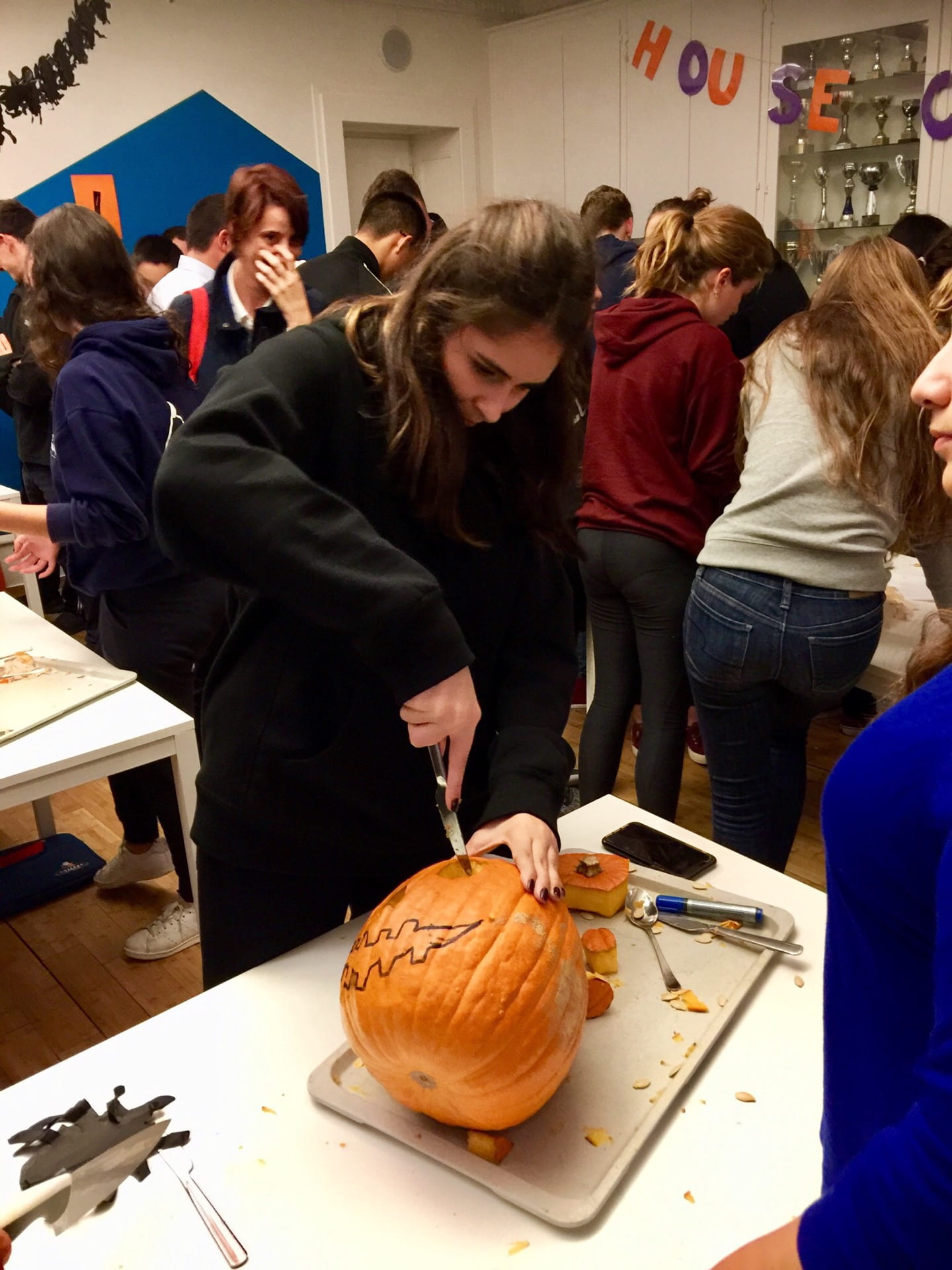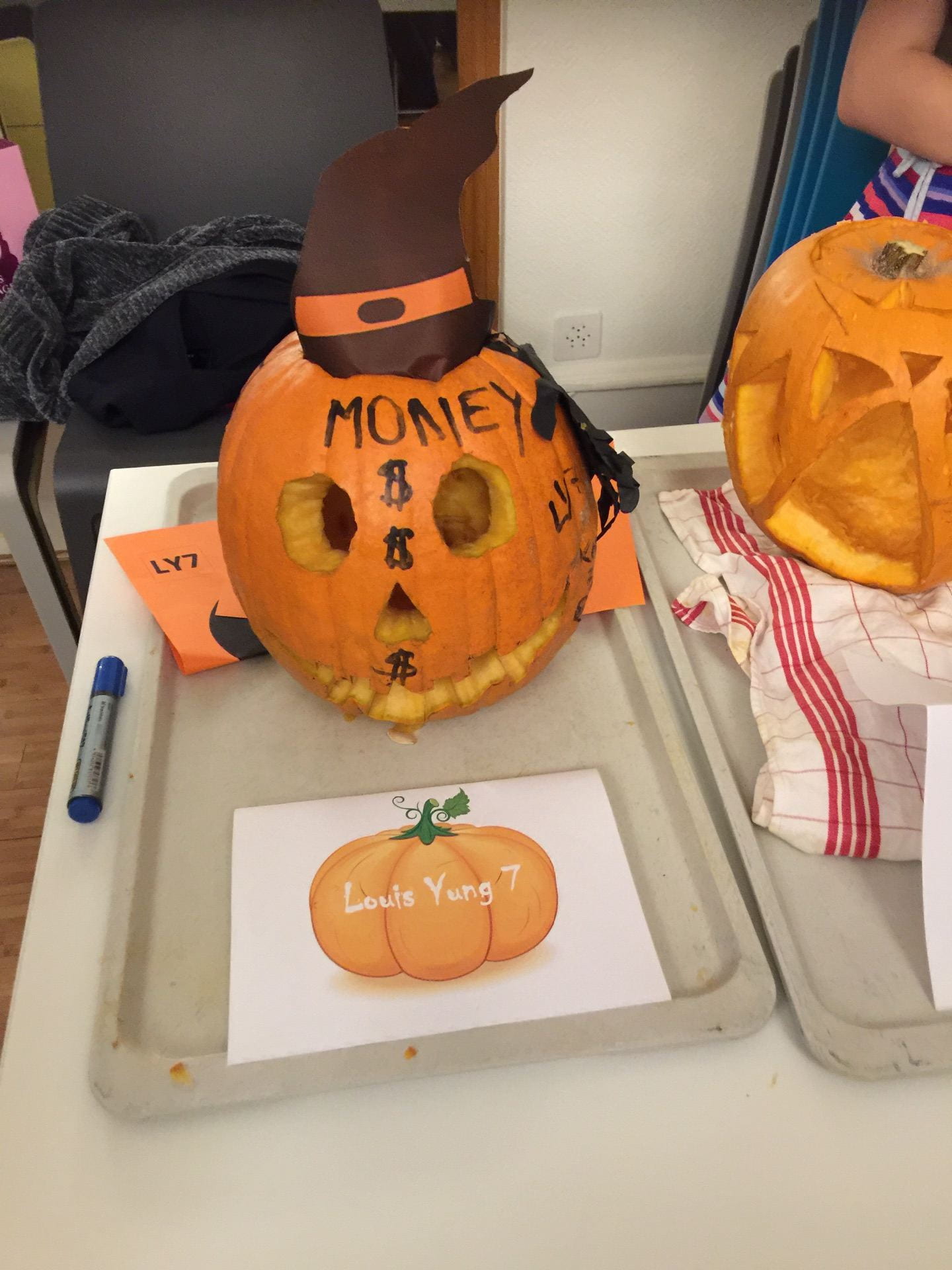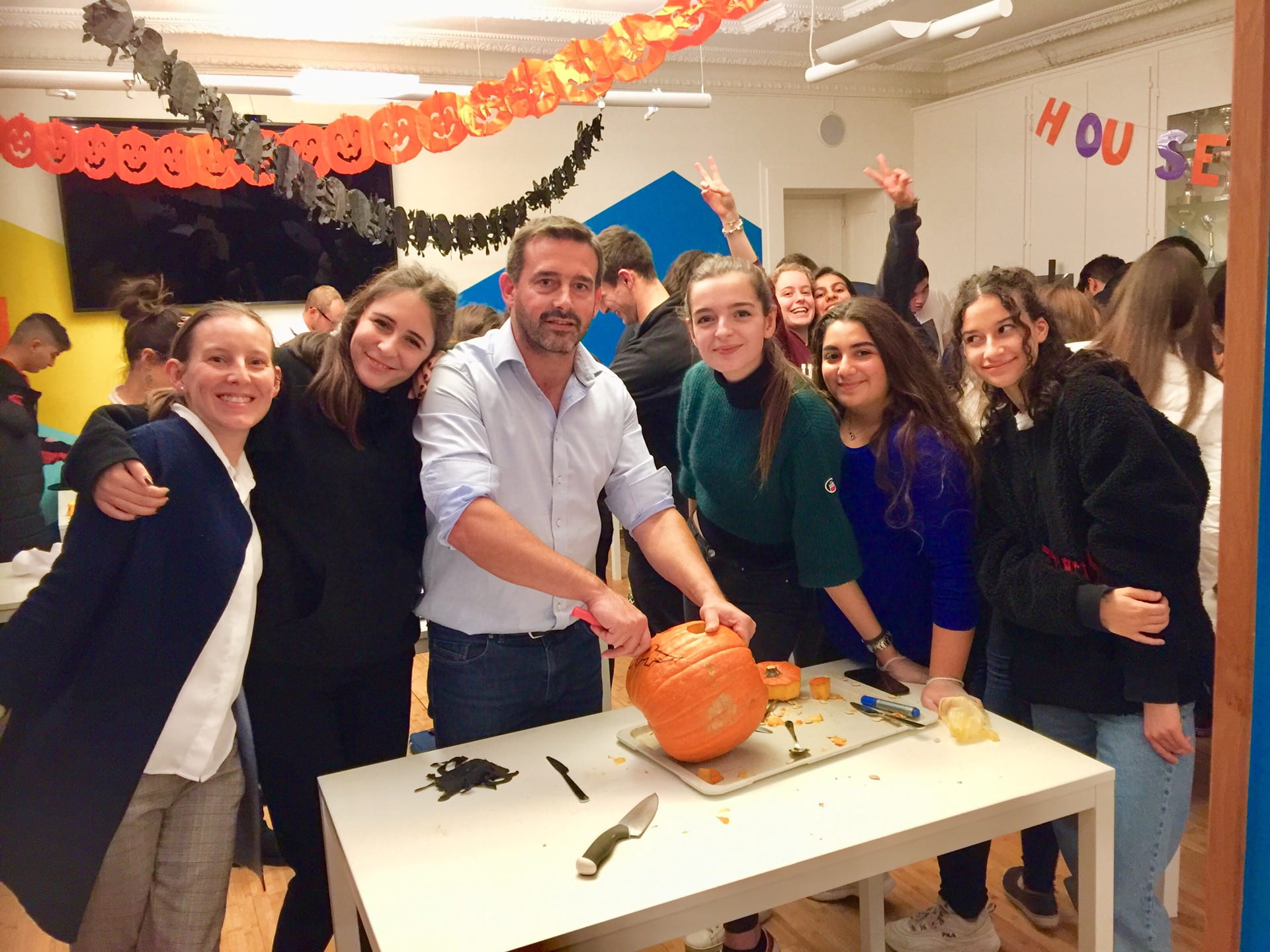After our October Break, we started the Second Pillar of our Wellbeing Programme , focused on Protecting against Bullying and Respecting Diversity.
During this session we discussed What is bullying, what bullying includes, and how to deal with bullying at school.
There is no legal definition of bullying. But it is usually defined as repeated behaviour which is intended to hurt someone either emotionally or physically, and is often aimed at certain people because of their race, religion, gender or sexual orientation or any other aspect such as appearance or disability.
Bullying can take many forms including: physical assault, teasing, making threats, name calling, cyber bullying
Bullying includes: people calling you names, making things up to get you into trouble, hitting, pinching, biting, pushing and shoving, taking things away from you, damaging your belongings, stealing your money, taking your friends away from you, posting insulting messages or rumours, in person on the internet or by IM (cyberbullying), threats and intimidation, making silent or abusive phone calls, sending you offensive phone texts, bullies can also frighten you so that you don’t want to go to school, so that you pretend to be ill to avoid them

How to deal with bullying at school. Action Plan.
If you are being bullied at school, tell a friend, tell a teacher and tell your parents. It won’t stop unless you do. It can be hard to do this so if you don’t feel you can do it in person it might be easier to write a note to your parents explaining how you feel, or perhaps confide in someone outside the immediate family, like a grandparent, aunt, uncle or cousin and ask them to help you tell your parents what’s going on.
Your tutor needs to know what is going on so try to find a time to tell him or her when it won’t be noticeable. You could stay behind on the pretext of needing help with some work. If you don’t feel you can do that, then speak to the school nurse. Don’t be tempted to respond to any bullying or hit back because you could get hurt or get into trouble.
The following sessions we will share more details in this regard with our students.
